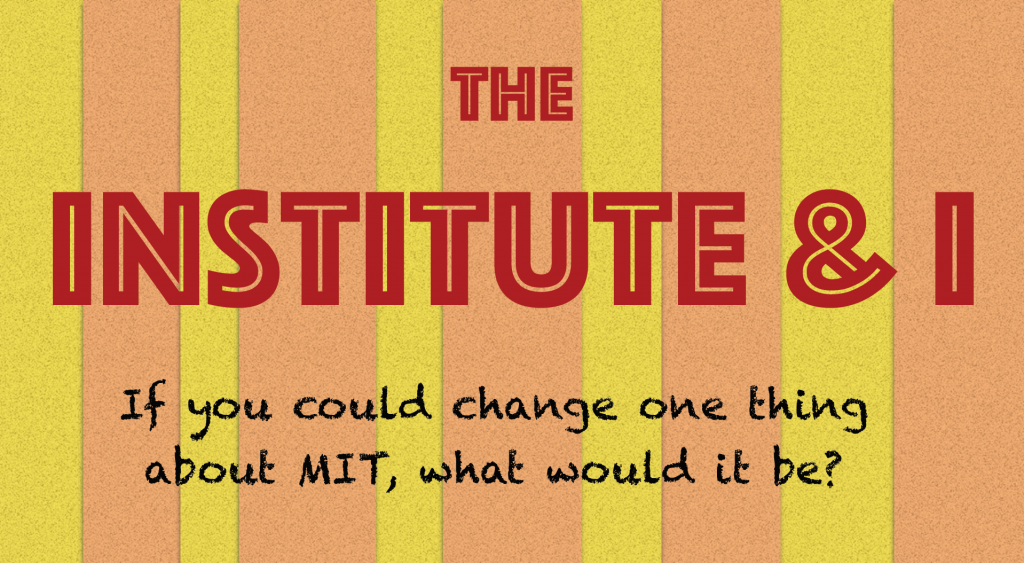The first recommendation of the ICEO Report Advancing a Respectful and Caring Community is to assemble a representative working group to write a brief statement of what we aspire to as a community and what we expect of one another as MIT community members. By analogy with the Mayflower Compact agreed to by Massachusetts’ first European immigrants, I called this document the MIT Compact. My hope was that identifying and communicating our values and aspirations would help us all to find common purpose and humanity despite the enormous range of backgrounds, perspectives, and roles present in our community. In short, it would help to advance a respectful and caring community.
On November 9, 2015, we held our first proof of concept: a Community Dialogue event that brought more than 75 people together over lunch at the Student Center to discuss MIT culture and values. Several students remarked they had never seen MIT so broadly represented in a dialogue: there were undergraduates and grad students from many departments, administrative assistants and administrators, lecturers and athletic coaches, residential life area directors and faculty. Conversations were organized in groups of 8-10 per table. Most tables included two faculty members, several staff and grad students and an undergraduate. Lunch was provided and each table had a facilitator.
The program was designed and led by undergraduate and graduate students working with the ICEO. The goal was to develop new relationships in support of a respectful and caring community, in preparation for later steps such as the writing of an MIT Compact. This approach can seem counter cultural at MIT. The discussion questions posed to each table addressed this head on. They included “What do you value? What do you think MIT values? Are these in conflict?” “Does MIT have a culture of suffering?” And “What responsibilities do staff/faculty have to support students?” Each table got a pair of questions to discuss.
Attendees loved hearing the diverse experiences and perspectives shared. It quickly became clear that there is not one MIT culture but many, and that everyone including faculty can learn from everyone else. Nearly everyone felt that the event was too short (it ended at 12:50pm so that people had time to get to class or their next appointment) and that such conversations must continue.
Several attendees wished for a list of action items, which is very much in the spirit of MIT manus. But I believe this is a case where investment in the heart, not just the mind and hand, is essential to progress. We have to build relationships of trust and common purpose before we can collaborate effectively to solve problems.
One comment from an attendee illustrates the challenge very well: “I think this conversation about MIT culture is important and essential. Can we be a caring community when all of our metrics point us away from this?” While I might not fully agree with the last point, I acknowledge the tension between our hard-driving academic culture and the desire to care for others.
At the end of the hour, when asked what was the best part of the event, one attendee wrote, “Being reminded of the community’s humanity.” MIT definitely has a heart, and it grows stronger with exercise.

